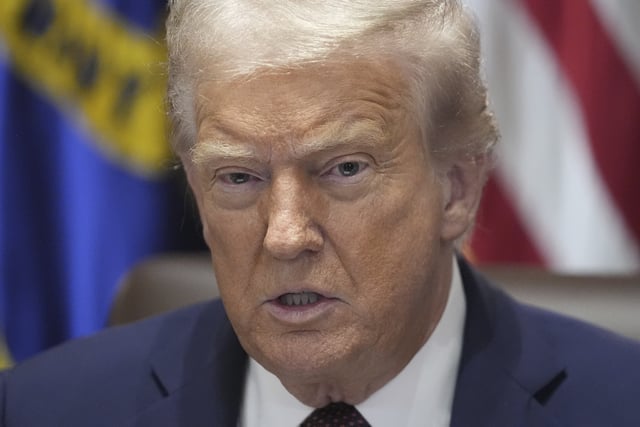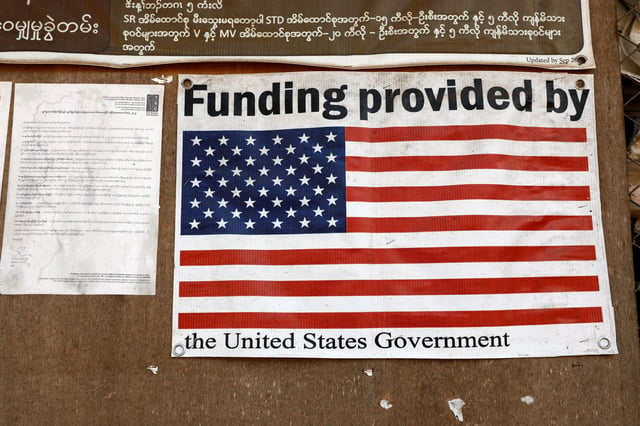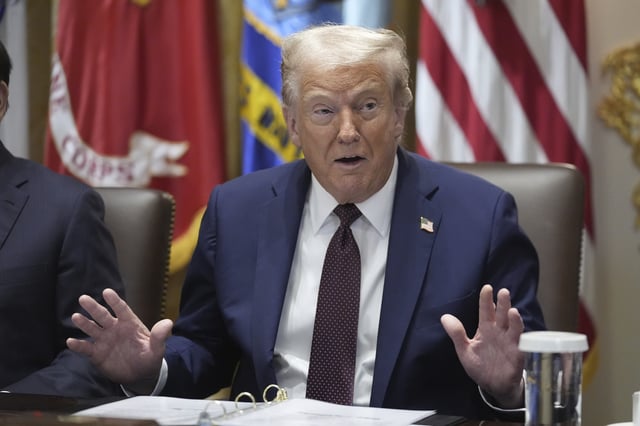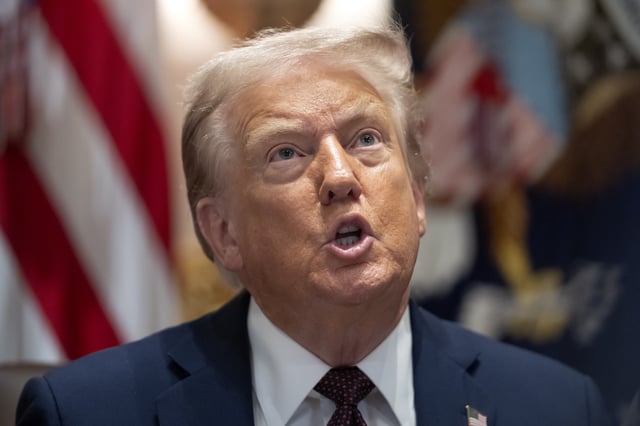Overview
- The Justice Department asked the Supreme Court to pause a Washington, D.C., judge’s injunction that directs the government to make foreign-aid funds available and to spend billions, requesting a decision by Sept. 2.
- Solicitor General D. John Sauer warned that without relief the order will force rapid obligation of about $12 billion before Sept. 30 and trigger what the administration calls irreparable diplomatic costs.
- A D.C. Circuit panel ruled 2-1 on Aug. 13 that nonprofit grantees lack standing under the Impoundment Control Act, which channels such disputes to the Government Accountability Office.
- Because the full D.C. Circuit has neither issued the mandate nor stayed the injunction, the district court’s order remains operative, and Judge Amir Ali declined to halt it this week.
- The litigation stems from a Jan. 20 executive order pausing foreign-aid obligations, with plaintiffs including AVAC, the Journalism Development Network, and the Global Health Council, and the Supreme Court in March declined to freeze nearly $2 billion while the case continued.



